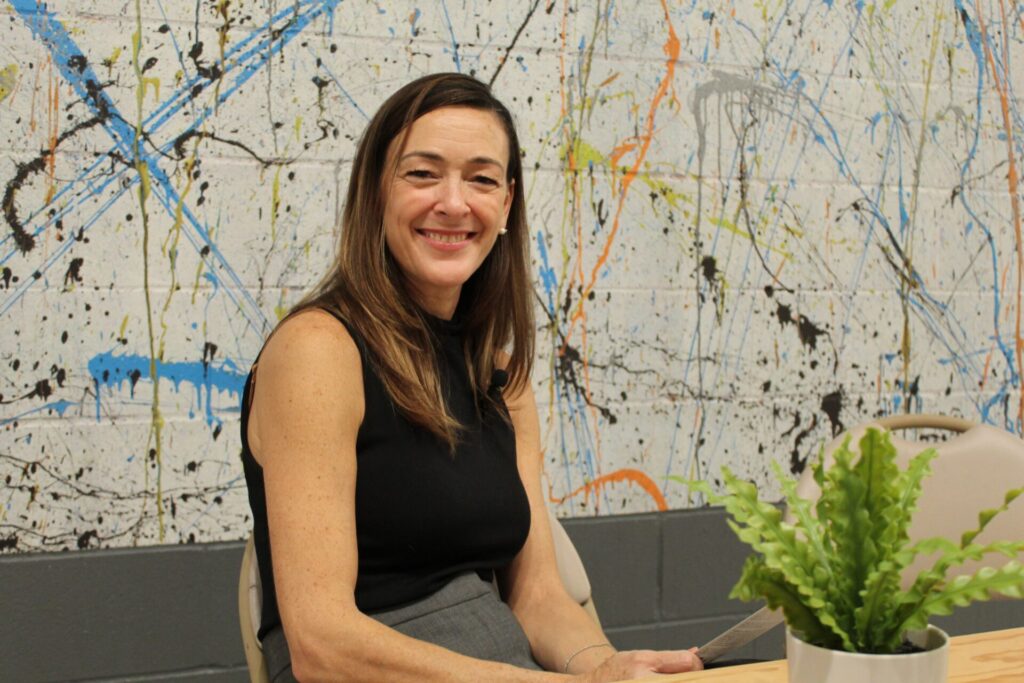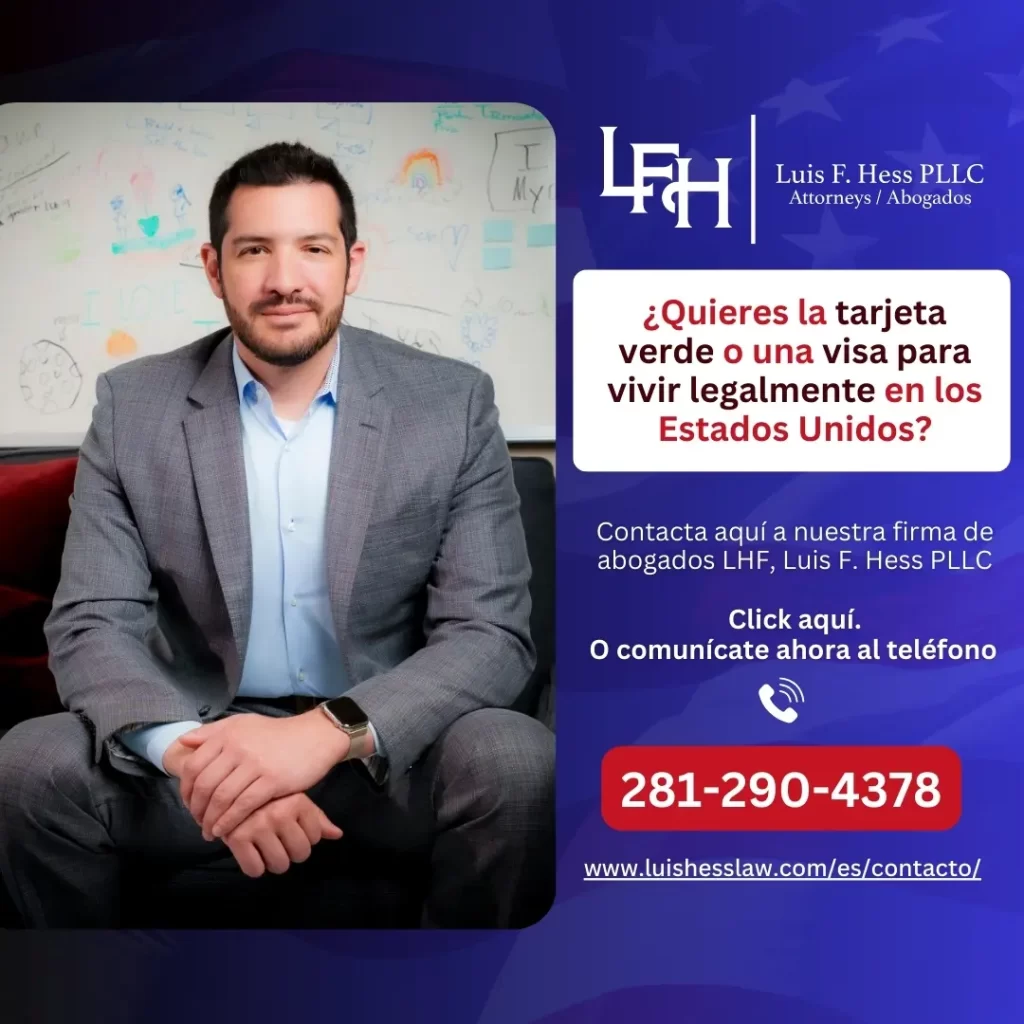Por: Patricia Contreras*
There are four major mistakes that destroy a relationship.
The “Four Horsemen of the Apocalypse”

Pilar Cortéz*, Psicóloga Salud Metal, adolescencia, paternidad y desarrollo.
Pilar explica que John Gottman, reconocido psicólogo, identificó los “cuatro jinetes del apocalipsis” que predicen un divorcio con una probabilidad de hasta el 83%. Estos son:
The Key to Success: Communication and Mutual Understanding
Couples that survive and thrive are those that make a constant effort to understand each other deeply.
The Role of Emotional Education
“Relationships, like any other important aspect of life, require education and effort.”
Pilar notes that in the past, couples didn’t receive training on how to build a healthy relationship. Today, with access to workshops, books, and podcasts, information is more available than ever. However, this brings a great responsibility: each individual must commit to learning and improving.
“Second marriages have a 10% higher chance of failure than first marriages because, often, we don’t heal. You remain the same person with the same wounds, and you keep bleeding onto your loved ones.”
The Challenges of Christmas and Family Relationships
"Christmas can be a time of joy, but also of great emotional stress."
"It’s essential to set boundaries with toxic people to enjoy the holidays."

Looking Toward the Future

"Small changes can have a huge impact on our relationships."
Pilar asserts that choosing a partner means choosing a type of problem. “Believing that there will be a relationship without problems is childish and unrealistic.”
At the close of the interview, Pilar offers valuable advice for 2025: “Changes don’t need to be drastic, but if we commit to making small adjustments, the long-term results can be transformative.” The key lies in consistent effort and the desire to improve, both individually and as a couple.
Building a healthy relationship is not easy, but it is a process that can be learned. With education, self-awareness, and mutual commitment, it’s possible to overcome challenges and enjoy a fulfilling partnership. “The key is not just to listen, but to understand and adapt.”








